Regional leaders mark 10 years of Igman Initiative
The presidents of Serbia, Croatia and Montenegro and Bosnian leaders, are in Sarajevo to mark the 10-year anniversary of the Igman Initiative.
Saturday, 29.05.2010.
11:44

The presidents of Serbia, Croatia and Montenegro and Bosnian leaders, are in Sarajevo to mark the 10-year anniversary of the Igman Initiative. “Let us not forget that this conference is a precursor to the EU-Western Balkans ministerial meeting on June 2 in Sarajevo,” Co-President of the Igman Initiative for Serbia Aleksandar Popov said. Regional leaders mark 10 years of Igman Initiative Leaders of all four countries spoke and a united statement entitled “Partnership for Europe” will also be adopted. Sarajevo journalist Senad Pecanin said that the meeting has symbolic significance, which is needed for concrete political and inter-state agreements. As far as relations between Serbia and Bosnia-Herzegovina are concerned, Pecanin said that the cancellation of the Bosnian Presidency Chairman Haris Silajdzic’s visit to Belgrade is “the result of a capitulation of President Boris Tadic under the demands of the destructive policies of Republic of Srpska Prime Minister Milorad Dodik" “A normalization of relations between the two countries does not suit the leader of the Serb people in Bosnia,” he said, adding that it is a shame that the encouraging trends in relations between Serbia and Bosnia have been cut short. Tadic confirmed his participation in the Igman Initiative conference, in which regional cooperation and a united European future for all four countries would be the main topics of discussion. Croatian and Montenegrin Presidents Ivo Josipovic and Filip Vujanovic, along with all three members of the Bosnia-Herzegovina, Presidency Haris Silajdzic, Zeljko Komsic and Nebojsa Radmanovic, all attended the conference. According to the initiative’s mission statement, it was formed to “promote and facilitate local and regional dialogue in the fields of politics, economy and culture, confidence building and advocacy of democratic values, to monitor and apply positive pressure on the Dayton Triangle governments to bring about a faster normalization of their relations, confront and question governmental policies when human rights are violated, create a space in which people can openly express opinions, feel comfortable responding to one another and act on behalf of their communities, and foster initiatives in Southeastern Europe to help the region become a zone of peace, cooperation and tolerance with open borders.” Tadic said that stopping the enlargement of the EU would be a mistake that could result in tragic consequences for citizens of the Western Balkans. “The integration of the Western Balkans into the EU has no alternative. We are witnesses to the policies of enlargement bringing prosperity to citizens who entered the EU and no country that has become a member-state had become poorer,” Tadic said. He said that Serbia completely supports the territorial integrity of Bosnia-Herzegovina, Croatia, and Montenegro, adding that Serbia supports dialogue in order for agreements to be reached within Bosnia. “Peace has no alternative. A war can never happen on this territory again,” Tadic said. He said that he will be in Srebrenica on July 11 for the 15th anniversary of the genocide that occurred there, as well. Josipovic called on the regional leaders of the Balkans to not give up on their European future and promised that Zagreb would help its neighbors in the process. He said that when the Igman Initiative began, it was a courageous step towards the process of reconciliation. “This vision continues today and we are all sharing the same efforts and ambitions. Our EU membership that is coming soon will not be a reason for turning our backs to our neighbors,” he said. Silajdzic said that the goal of the Igman Initiative is aimed at supporting and promoting domestic and regional dialogue in politics, economics, education and culture. He said that dialogue is needed for all open question, especially for the lack of trust, which is the main stumbling block in the region. “Trust is the most important factor in our relations,” Silajdzic said. Vujanovic said that there must be regional ties made in sports, art, and culture, adding that the civil sector is important for these goals. He said that the Initiative needs to be dedicated to strategic goals of cooperation and good neighborly relations. “European integration is our united goal for all four countries. We live in a time in which we must encourage these values, and there is no success without regional cooperation," Vujanovic said. (Tanjug)
Regional leaders mark 10 years of Igman Initiative
Leaders of all four countries spoke and a united statement entitled “Partnership for Europe” will also be adopted.Sarajevo journalist Senad Pećanin said that the meeting has symbolic significance, which is needed for concrete political and inter-state agreements.
As far as relations between Serbia and Bosnia-Herzegovina are concerned, Pećanin said that the cancellation of the Bosnian Presidency Chairman Haris Silajdžić’s visit to Belgrade is “the result of a capitulation of President Boris Tadić under the demands of the destructive policies of Republic of Srpska Prime Minister Milorad Dodik"
“A normalization of relations between the two countries does not suit the leader of the Serb people in Bosnia,” he said, adding that it is a shame that the encouraging trends in relations between Serbia and Bosnia have been cut short.
Tadić confirmed his participation in the Igman Initiative conference, in which regional cooperation and a united European future for all four countries would be the main topics of discussion.
Croatian and Montenegrin Presidents Ivo Josipović and Filip Vujanović, along with all three members of the Bosnia-Herzegovina, Presidency Haris Silajdžić, Željko Komšić and Nebojša Radmanović, all attended the conference.
According to the initiative’s mission statement, it was formed to “promote and facilitate local and regional dialogue in the fields of politics, economy and culture, confidence building and advocacy of democratic values, to monitor and apply positive pressure on the Dayton Triangle governments to bring about a faster normalization of their relations, confront and question governmental policies when human rights are violated, create a space in which people can openly express opinions, feel comfortable responding to one another and act on behalf of their communities, and foster initiatives in Southeastern Europe to help the region become a zone of peace, cooperation and tolerance with open borders.”
Tadić said that stopping the enlargement of the EU would be a mistake that could result in tragic consequences for citizens of the Western Balkans.
“The integration of the Western Balkans into the EU has no alternative. We are witnesses to the policies of enlargement bringing prosperity to citizens who entered the EU and no country that has become a member-state had become poorer,” Tadić said.
He said that Serbia completely supports the territorial integrity of Bosnia-Herzegovina, Croatia, and Montenegro, adding that Serbia supports dialogue in order for agreements to be reached within Bosnia.
“Peace has no alternative. A war can never happen on this territory again,” Tadić said.
He said that he will be in Srebrenica on July 11 for the 15th anniversary of the genocide that occurred there, as well.
Josipović called on the regional leaders of the Balkans to not give up on their European future and promised that Zagreb would help its neighbors in the process.
He said that when the Igman Initiative began, it was a courageous step towards the process of reconciliation.
“This vision continues today and we are all sharing the same efforts and ambitions. Our EU membership that is coming soon will not be a reason for turning our backs to our neighbors,” he said.
Silajdžić said that the goal of the Igman Initiative is aimed at supporting and promoting domestic and regional dialogue in politics, economics, education and culture.
He said that dialogue is needed for all open question, especially for the lack of trust, which is the main stumbling block in the region.
“Trust is the most important factor in our relations,” Silajdžić said.
Vujanović said that there must be regional ties made in sports, art, and culture, adding that the civil sector is important for these goals.
He said that the Initiative needs to be dedicated to strategic goals of cooperation and good neighborly relations.
“European integration is our united goal for all four countries. We live in a time in which we must encourage these values, and there is no success without regional cooperation," Vujanović said.












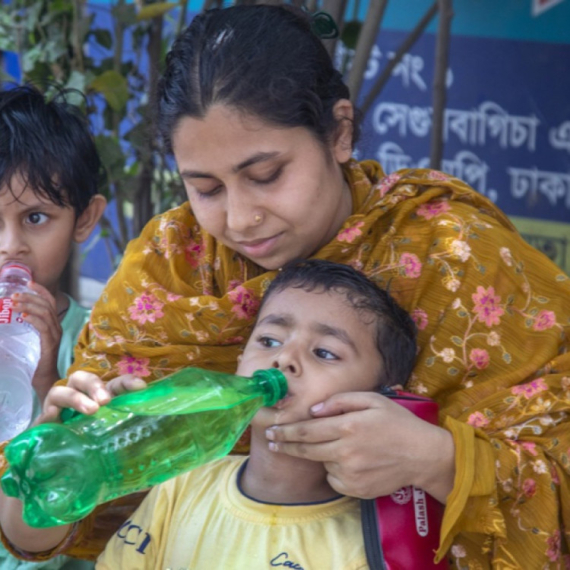


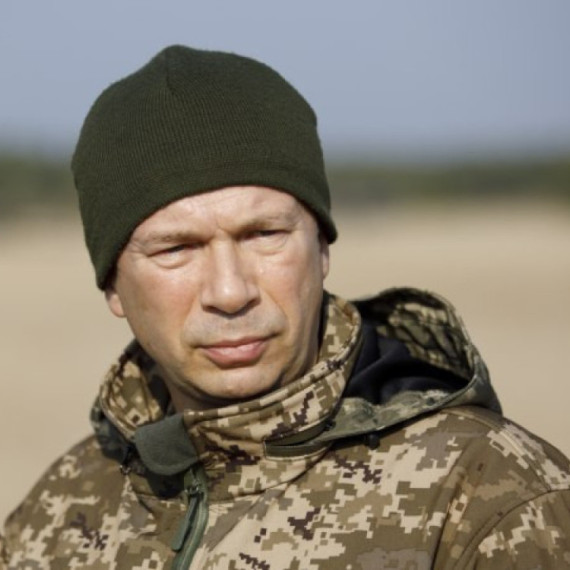
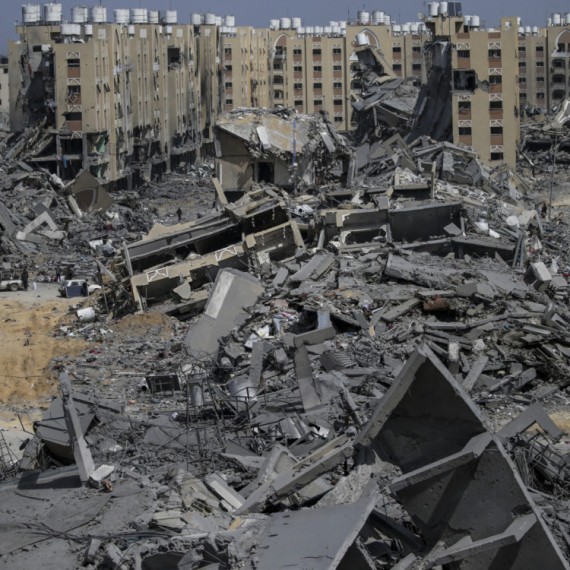

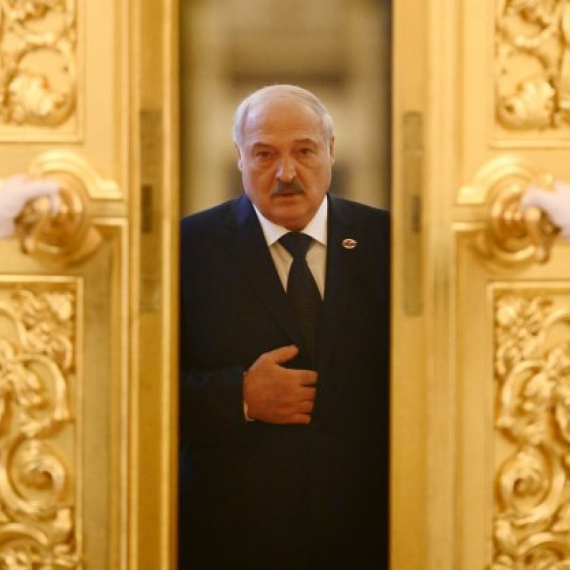



















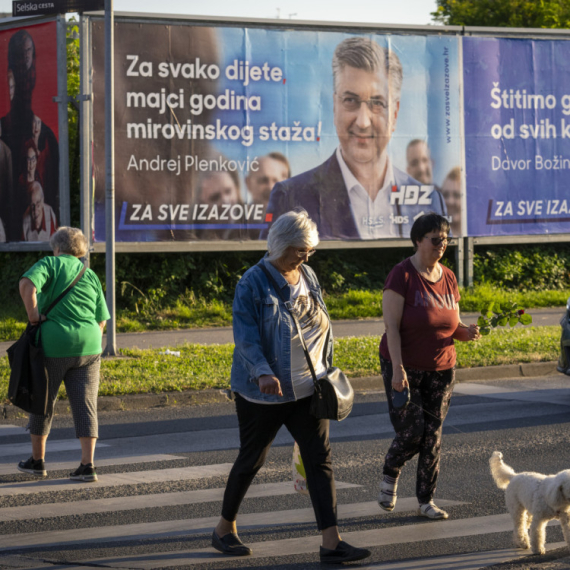




















Komentari 3
Pogledaj komentare